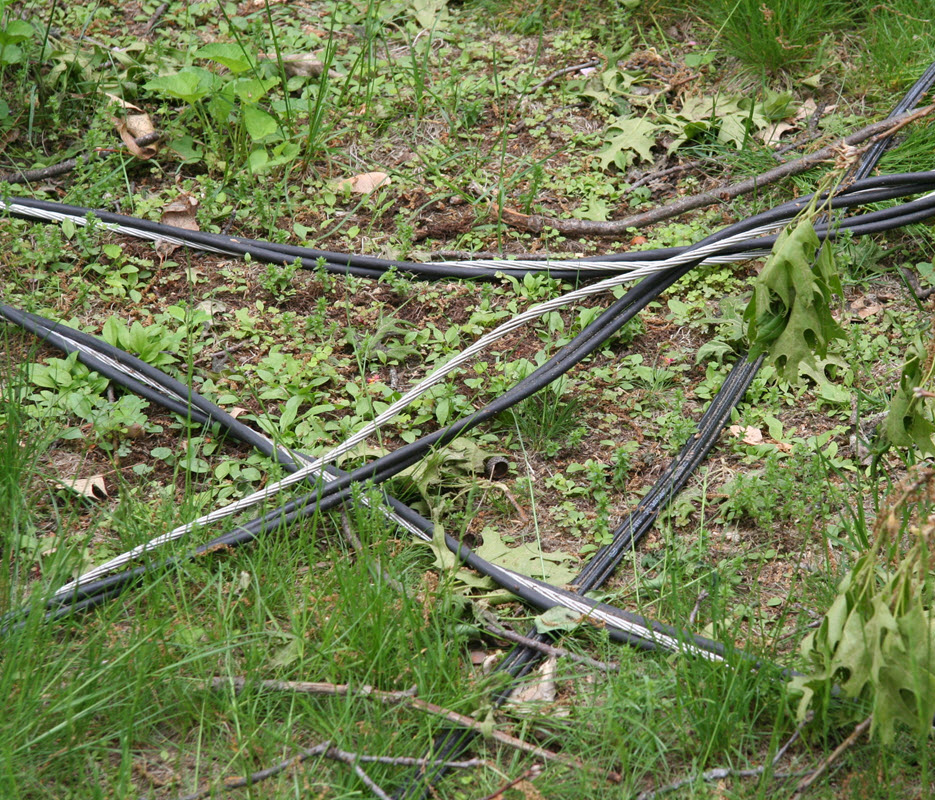Farms can cover vast amounts of land, so it’s common to encounter many different buried utility lines on your property. These can include natural gas pipelines, electrical lines, water lines and cable and internet lines. You need to know where these lines are buried, so you can stay safe and avoid hitting them.
Call 811 three days before you do any digging or excavating 15 inches or deeper, including:
- Chisel plowing
- Subsoiling
- Ripping
- Drain tile excavating
- Terracing
- Waterway projects
- Digging or driving a new fence post
You don’t need to call 811 if you are doing normal farm operations less than 15 inches, such as:
- Plowing
- Cultivating
- Planting
- Harvesting
- Replacing a fence post in its existing location
When you call 811, a professional locator will come to your property to mark a natural gas pipeline or other utility-owned lines in the ground. If there’s a major pipeline near your farm, a utility employee will monitor any digging activities in person to increase safety and reduce the risk of accidents.
Follow these three rules:
- Call 811 before you dig.
- Wait the required time for utility lines to be marked. One Call Center personnel will contact us to mark the approximate locations of buried gas or electric lines with high visibility safety paint and/or flags.
- Respect the marks or flags and dig with care. When you start digging, stay at least 18 inches away from the marked lines. Hand dig with extreme caution if you must excavate within the safety tolerance zone.
Look out for pipeline markers
Pipeline markers are used to indicate approximate locations of buried pipelines. The markers provide a toll-free number to report problems. Markers are typically placed at public road crossings, fence lines and street intersections. In most cases, there are not pipeline markers for the distribution lines inside urban service territories. Visit the National Pipeline Mapping System to learn who operates transmission pipelines in your area.
Lines we won’t locate
Some buildings have appliances or heaters fueled through privately buried natural gas or fuel lines. Customers, not Alliant Energy, are responsible for any lines after the meter.
Customers must maintain, operate and know the location of buried lines. A qualified technician should regularly inspect it for leaks. If the piping is metallic, inspect it for corrosion. Repair if unsafe, or shut off the flow of gas. Prior to excavating, have the piping located and marked.
Excavating performed near the pipe should be done by hand.
If you hit something
Call us at 1-800-ALLIANT (800-255-4268) if your equipment or tools contact our underground pipelines or electrical lines. Even minor damage, such as nicks, scratches, cuts, scrapes, dents and gouges can result in pipeline failure, electric shock or a major incident in the future if not properly assessed. If you hear blowing gas, which is a more serious problem, call 911 immediately from a safe location.










